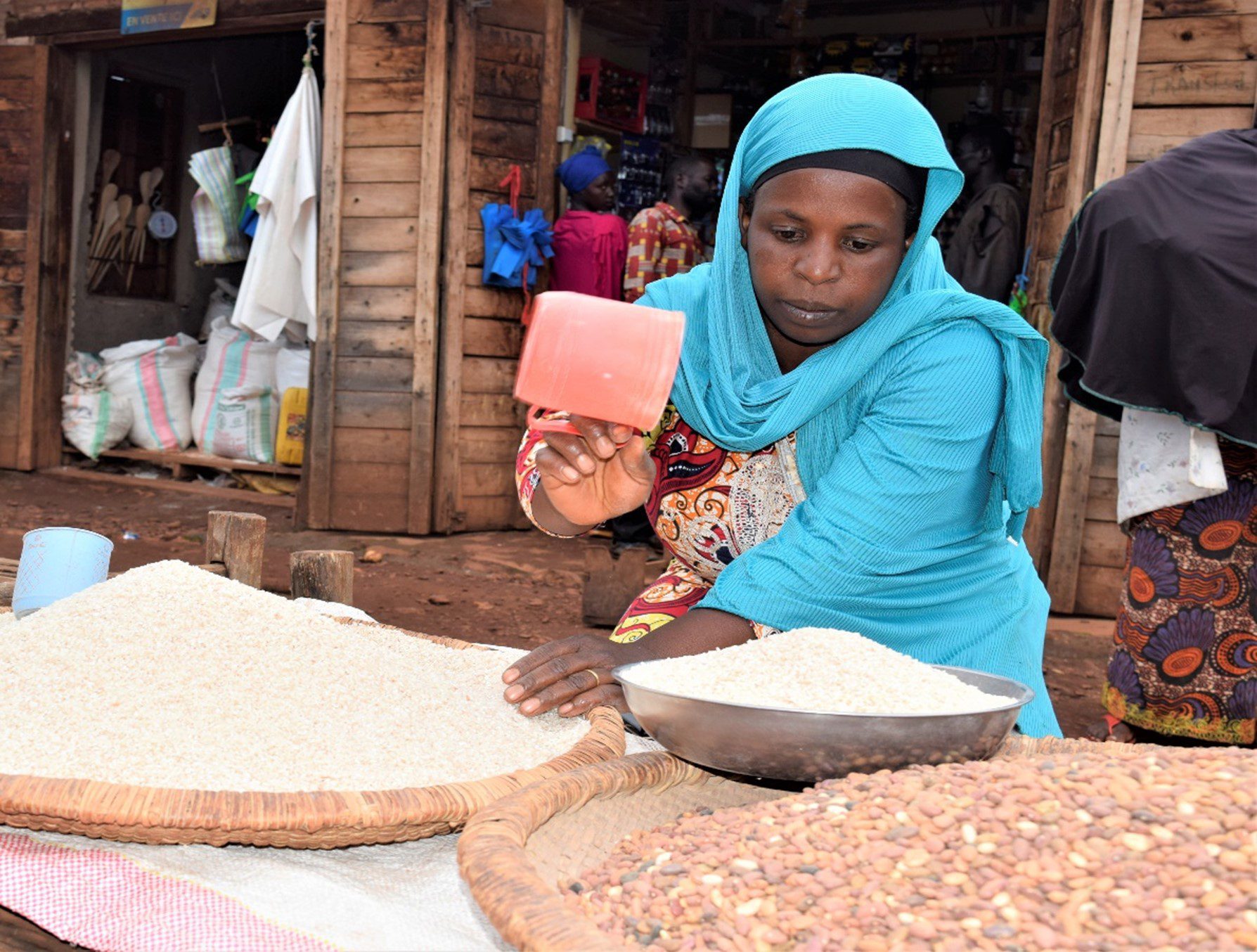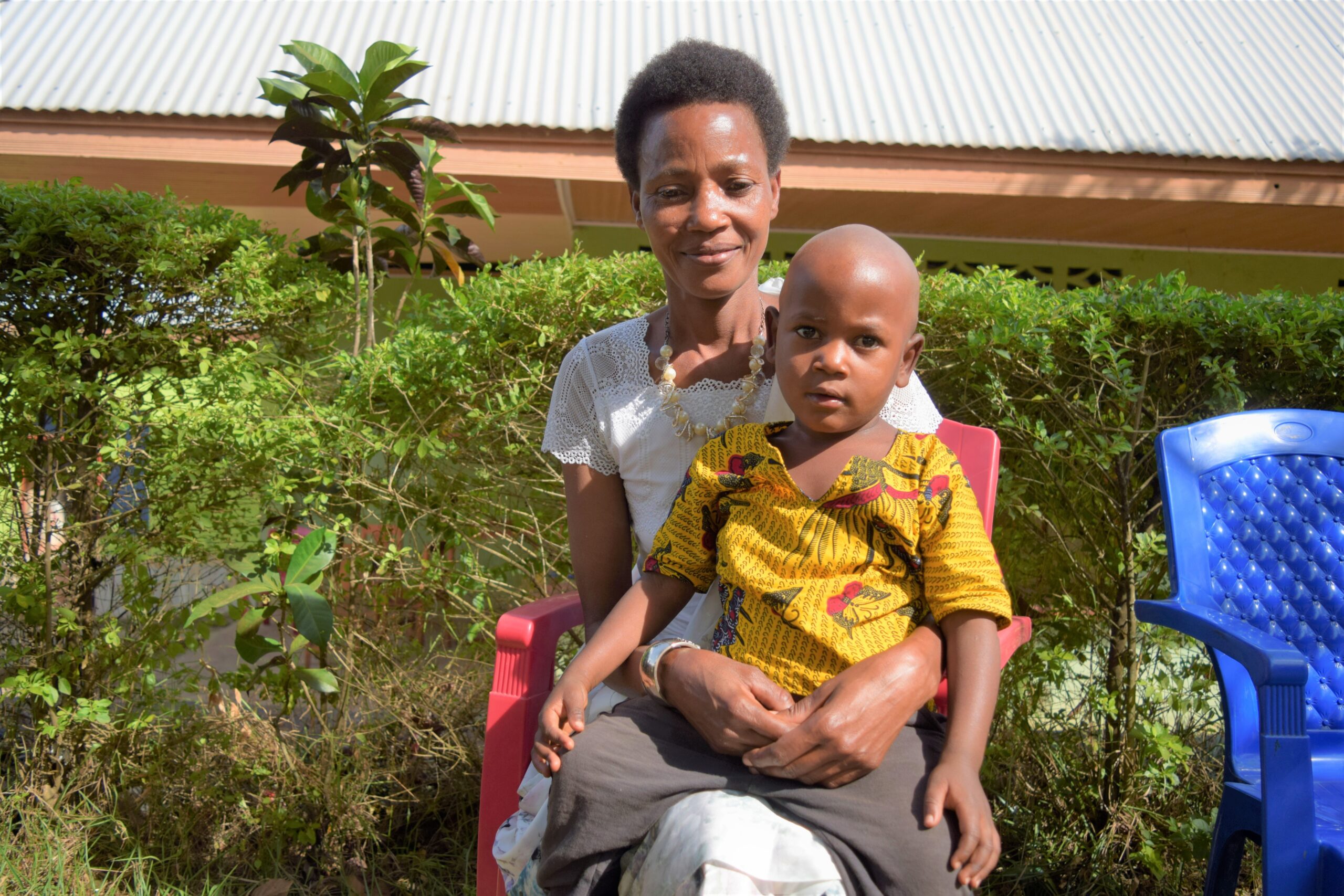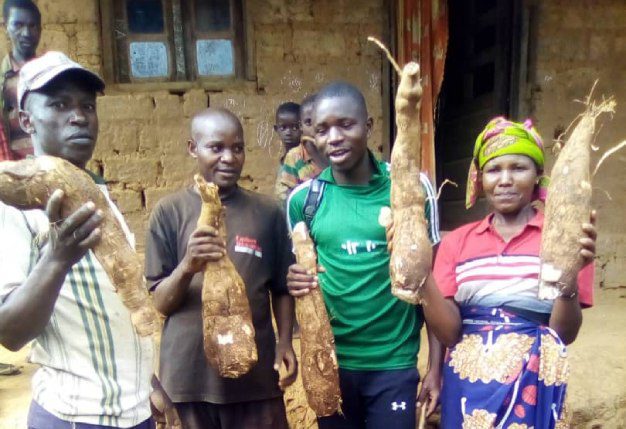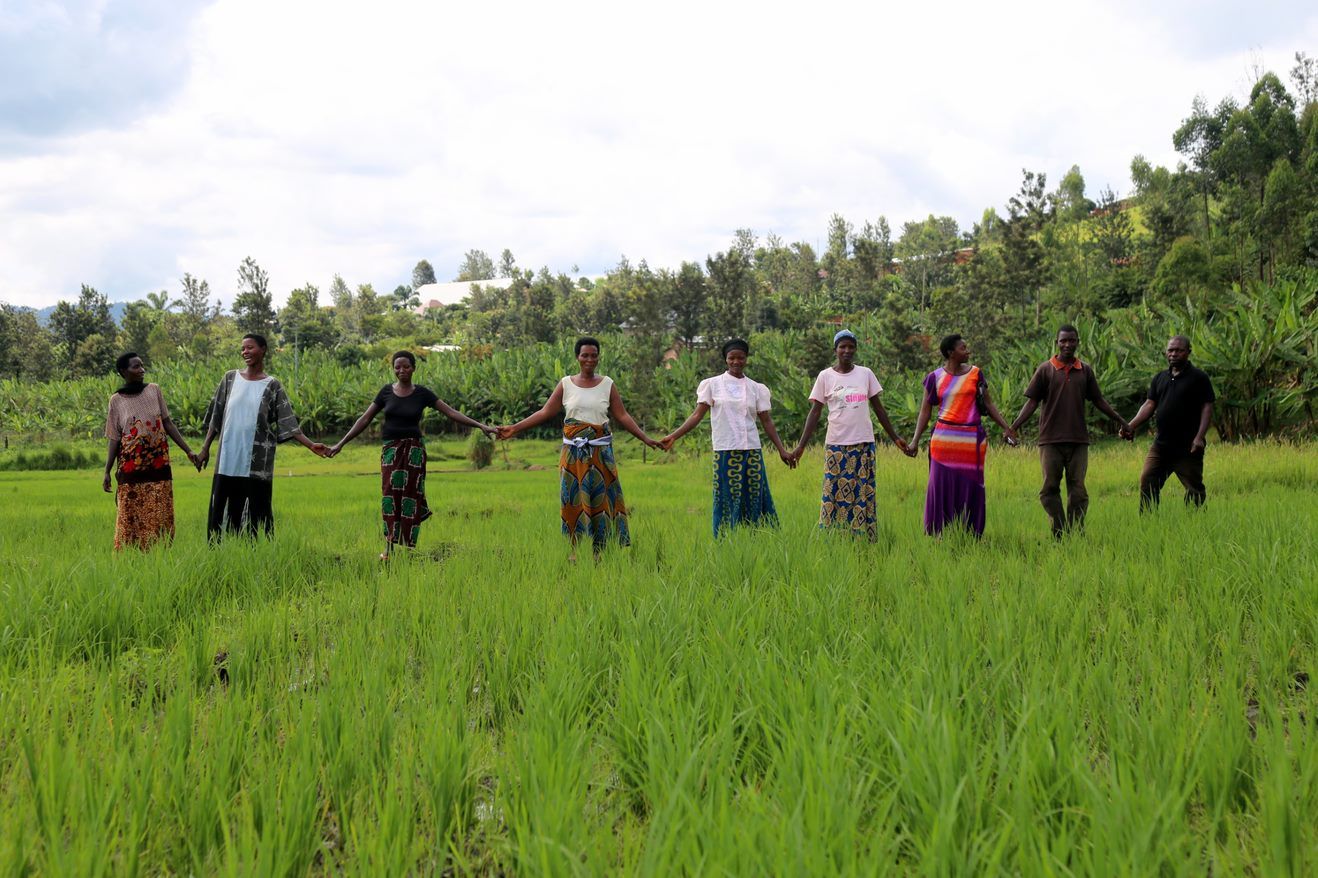Burundi, one of the world’s poorest countries, is ranked 185th out of 189 countries on the Human Development Index. Food insecurity is a major problem due to climate change and the increased pressure on scarce arable lands as Burundi is one of Africa’s most densely populated countries. People practice subsistence agriculture on lands that are not very fertile and prone to erosion.
The degradation of natural resources and the loss of ecosystem support directly contribute to widespread poverty. The political situation improved somewhat in 2021 with the lifting of the European Union sanctions that had been imposed in the wake of the protracted 2015 crisis during which the nation’s borders were closed, foreign correspondents loss journalistic privileges and relations with the United Nations and the international community were ruptures. The country’s new openness is expected to improve its capacity to address the challenges it faces.


Development and Peace ― Caritas Canada works in Burundi is to counter the numerous insecurities that Burundians face and to enhance their ability to meet their basic needs. The country’s situation also makes people, especially young people, vulnerable to exploitation for political violence. We therefore support communities in their struggle to weave dignity into their social fabric.
Development and Peace ― Caritas Canada’s activities in the country include:


In 2012, this woman began saving and received a small loan of $60 from solidarity groups devoted to long-term personal betterment.
Today, she is the president of her local peasant women’s association in the Gasorwe area. “For me, the route to self-reliance is a struggle, and one that requires women to be determined, to link up with others moving forward and to undertake new initiatives without being discouraged by their spouses or those around them.”
A form of training called Gender-Active Learning System (GALS) has helped people mitigate conflicts within families and develop new initiatives.




The new planting methods and improved cutting techniques have allowed households to more than double their cassava yields to 25 kilograms per square foot of plantation.
“Only an integrated approach can break the vicious cycle of poverty”, Déogratias Niyonkuru in For Peasant Dignity – African testimonies, experiences, and reflections on methodological approaches.


While continuing to support the peasant movement and the involvement of women and young people in solidarity and agriculture, we will focus on better coordinating climate change mitigation efforts at all levels.
About us
Our work
Get involved
Ways to give
Resources
Get in touch
555 René-Lévesque Blvd. West, 8th Floor
Montreal (Quebec) Canada H2Z 1B1
Phone: 514-257-8711
Toll-free: 1-888-234-8533
Fax: 514-257-8497
Email: info@devp.org
Charity number: 1 1882 9902 RR 0001


Our international cooperation program is carried out in part with the financial support of the Government of Canada acting through Global Affairs Canada.
Development and Peace — Caritas Canada is the official international solidarity organization of the Catholic Church in Canada and the Canadian member of Caritas Internationalis.
Copyrights © 2024
Don’t miss anything about the work of our international partners or our awareness and mobilization campaigns.
Sign up now for our newsletter.